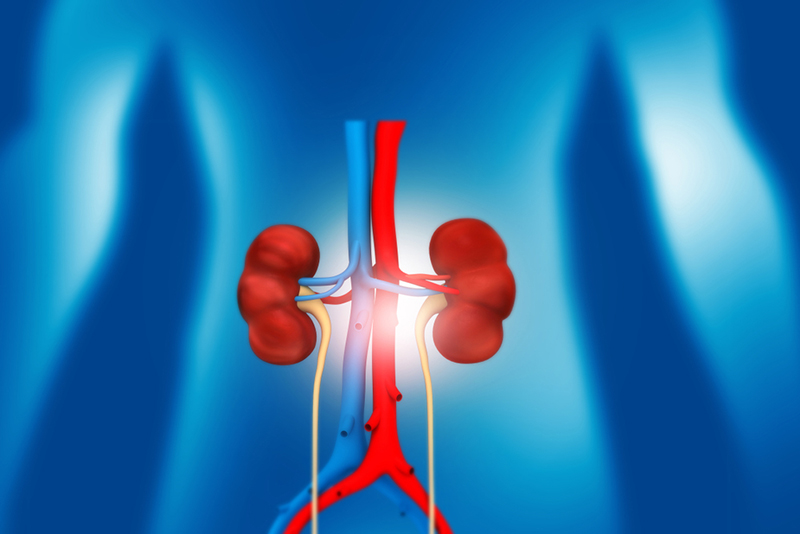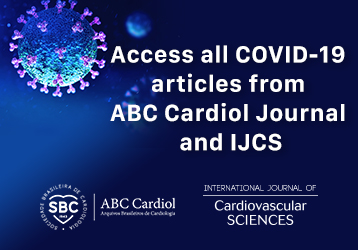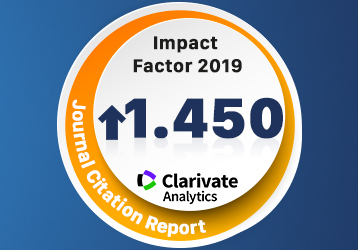Volume 113, Nº 6, December 2019
DOI: https://doi.org/10.36660/abc.20180356
ORIGINAL ARTICLE
Impact of Transcatheter Aortic Valve Implantation on Kidney Function
Rita Calça
Rui C. Teles
Patrícia Branco
Augusta Gaspar
João Brito
Tiago Nolasco
Manuel D. Almeida
José P. Neves
Miguel Mendes
Domingos S. Machado
André Weigert

Abstract
Background: Chronic kidney disease (CKD) is frequently present in patients with aortic valve disease. Decreased kidney perfusion as a consequence of reduced cardiac output may contribute to renal dysfunction in this setting.
Objective: Given the potential reversibility of kidney hypoperfusion after valve repair, this study aimed to analyze the impact of percutaneous transcatheter aortic valve implantation (TAVI) on kidney function.
Methods: We performed a retrospective analysis of 233 consecutive patients who underwent TAVI in a single center between November 2008 and May 2016. We assessed three groups according to their baseline estimated glomerular filtration rate (eGFR) (mL/min/1.73 m2): Group 1 with eGFR ≥ 60; Group 2 with 30 ≤ eGFR < 60; and Group 3 with eGFR < 30. We analyzed the eGFR one month and one year after TAVI in these three groups, using the Chronic Kidney Disease Epidemiology Collaboration (CKD-EPI) formula to calculate it.
Results: Patients from Group 1 had a progressive decline in eGFR one year after the TAVI procedure (p < 0.001 vs. pre-TAVI). In Group 2 patients, the mean eGFR increased one month after TAVI and continued to grow after one year (p = 0.001 vs. pre-TAVI). The same occurred in Group 3, with the mean eGFR increasing from 24.4 ± 5.1 mL/min/1.73 m2 before TAVI to 38.4 ± 18.8 mL/min/1.73 m2 one year after TAVI (p = 0.012).
Conclusions: For patients with moderate-to-severe CKD, kidney function improved one year after the TAVI procedure. This outcome is probably due to better kidney perfusion post-procedure. We believe that when evaluating patients that might need TAVI, this ‘reversibility of CKD effect’ should be considered. (Arq Bras Cardiol. 2019; 113(6):1104-1111)
Keywords: Aortic Valve Stenosis/complications;renal Insufficiency,Chronic; Calcinosis; Renal Dialysis; Diabetes Mellitus; Cardyomyopathies; Hypertension.















